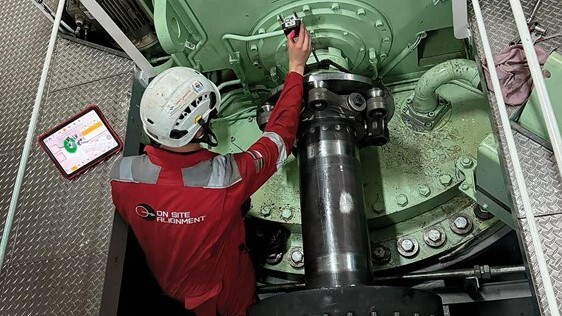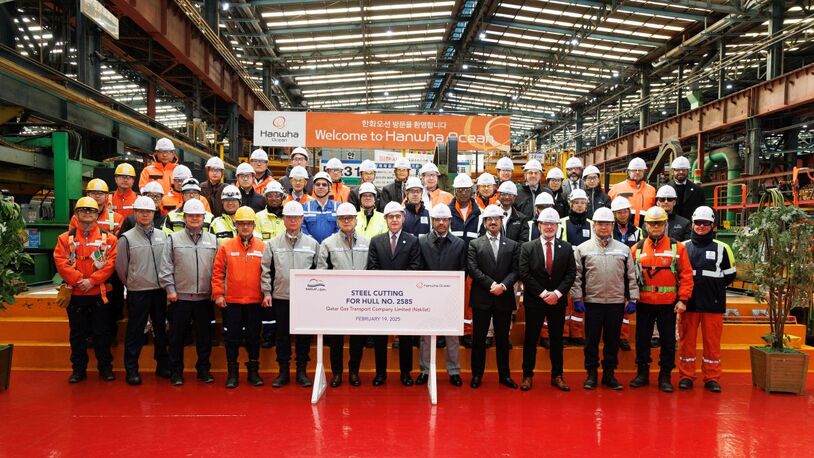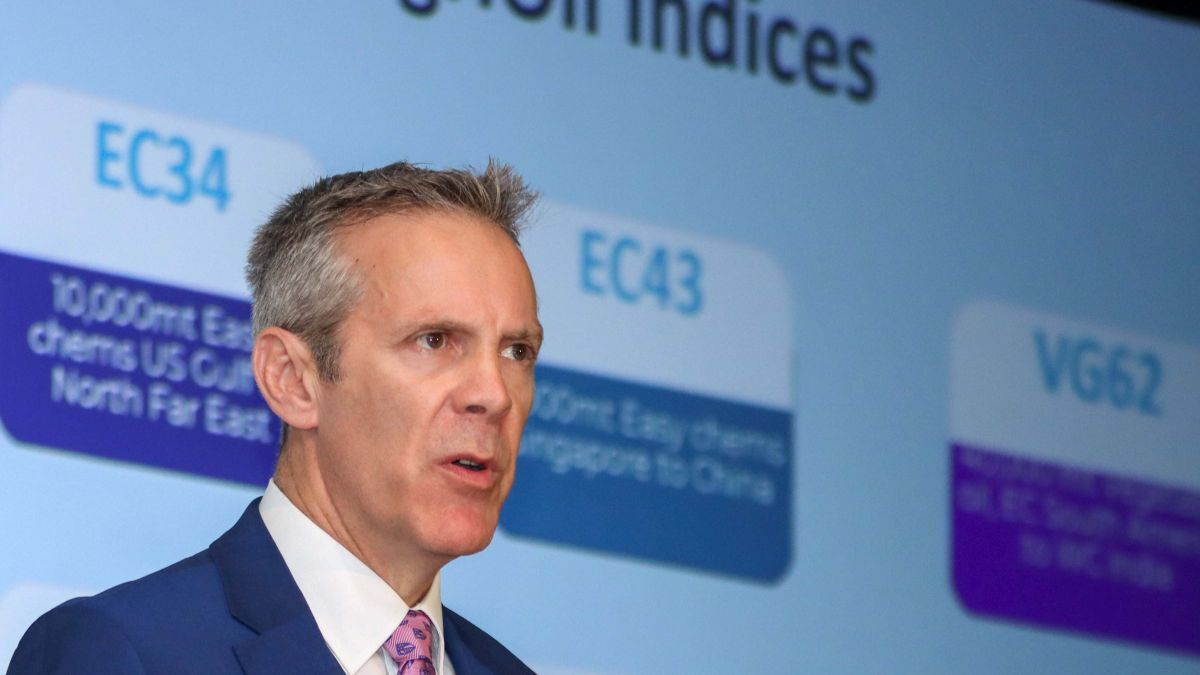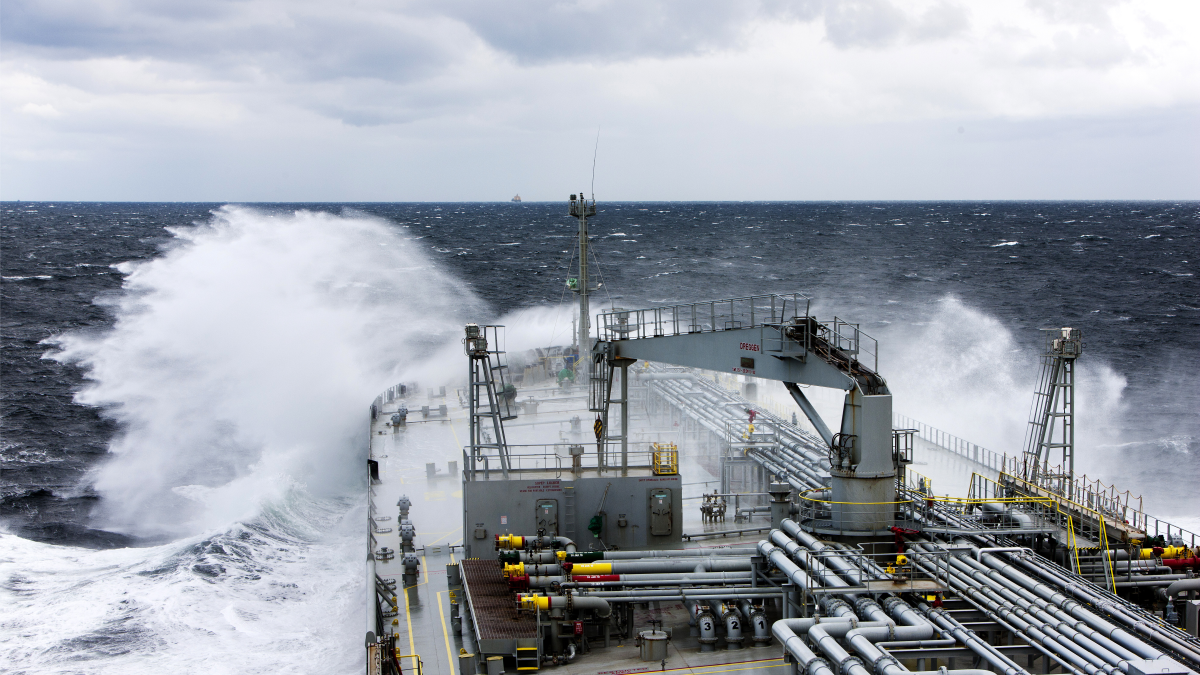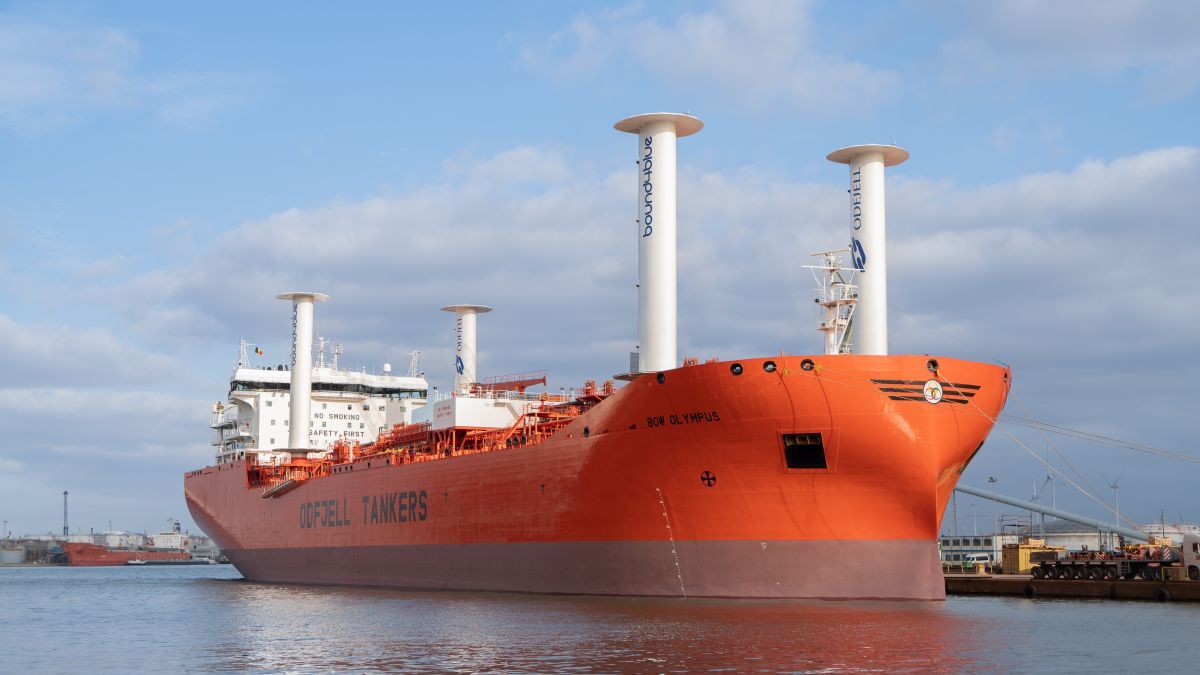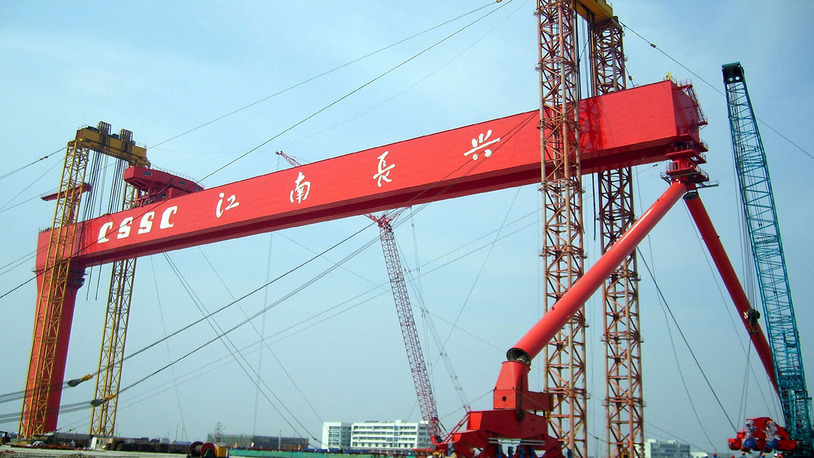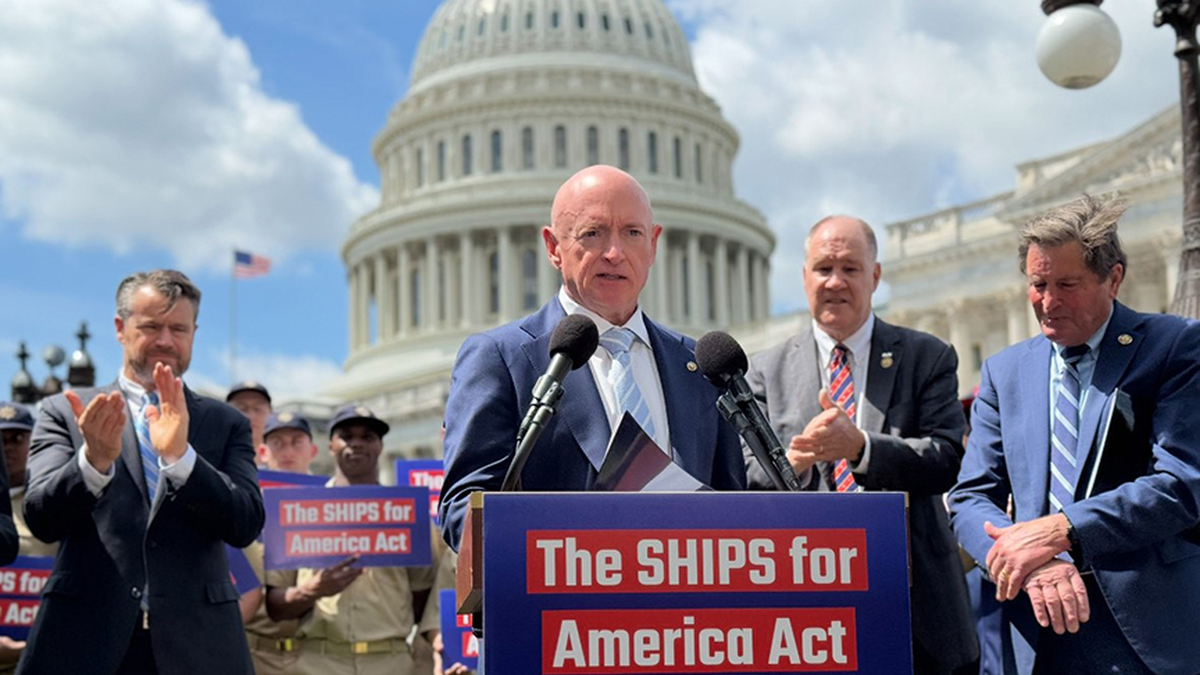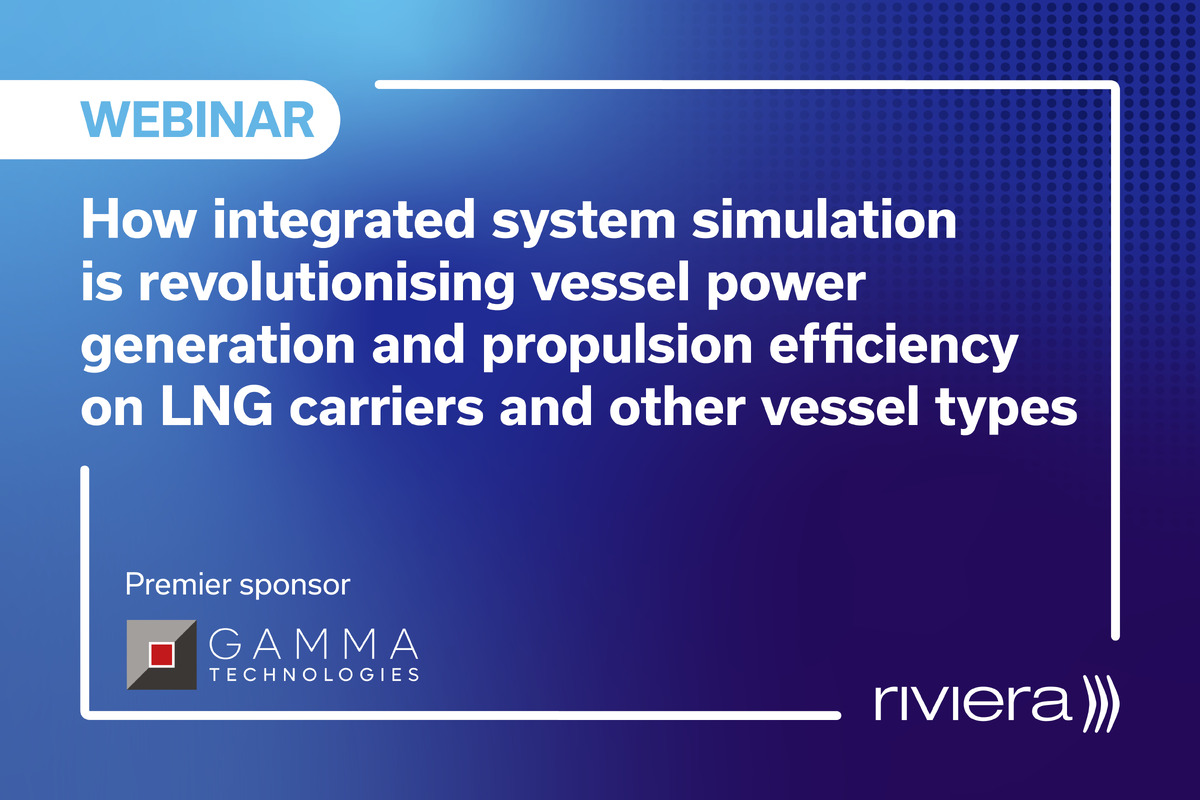Business Sectors
Events
Contents
Demurrage off West Africa requires the right provisions
In the Great Elephant case, Great Elephant Corp v Trafigura Beheer BV & Others [2012], Trafigura purchased a quantity of crude oil from Vitol on free on board terms. Trafigura chartered the oil tanker Crudesky on the Beepeevoy 3 Form to lift the cargo Vitol had bought from China Offshore (Singapore) International Pte Ltd (COOSI). COOSI had contracted Total as the ultimate supplier.
When the vessel arrived at the Total terminal off Port Harcourt, Nigeria, to load the cargo, the Nigerian Department of Petroleum Resources (DPR) representative was absent. Total sought clearance, by telephone, to load and, believing that verbal authorisation had been given by the DPR’s head of operations at Port Harcourt, the lifting supervisor gave instructions for loading to commence. The vessel loaded between 31 August and 1 September 2009. On 1 September 2009, the DPR’s head office in Lagos issued clearance to load but later the same day the clearance was revoked.
Crudesky was unmoored on 1 September 2009 and began to drift. On 7 September 2009, the DPR wrote to Total accusing it of ‘economic crimes’ and later the Minister of Petroleum Resources required Total to pay a ‘fine’ of US$12 million. As a result, the necessary cargo documents were not completed and the vessel was, both practically and by law, prevented from leaving the terminal.
After Total paid the fine, Crudesky was allowed to sail back to the terminal where the cargo documents were put on board. The vessel had been detained for a month and a half. The shipowner brought a claim against Trafigura for demurrage and other sums incurred while the vessel was detained.
The Court held that the vessel was on demurrage from the point laytime expired until the cargo documentation was put on board the vessel. The Court also found that the first seven days’ delay was caused by the lack of documentation. The shipowner was therefore entitled to demurrage at full rate. But the delay after 7 September 2009 was caused by the improper actions of the Minister in imposing the fine which amounted, in legal terms, to ‘arrest or restraint of princes’. ‘Restraint of princes, rulers and people’ is a standard clause found in most charter party contracts’ general-exceptions clauses: it provides either the shipowner or the charterer with protection from liability to the other whenever charter performance is prevented or delayed by an exceptional event detailed in the clause. It applies to forcible interference by a government. Examples include orders prohibiting or restricting trade, embargoes, quarantine regulations, blockades, confiscation of contraband and seizures of ships for trading with the enemy. Demurrage, from this point, said the Court, counted at half the full rate under the vessel charter.
Trafigura sought to pass its demurrage liability to Vitol. Trafigura’s alleged that Vitol failed to comply with the applicable laws, regulations, directives and policies detailed in Article 18 of the Nigerian National Petroleum Corporation Conditions that formed part of the sale contract.
Judge Teare accepted that Vitol (through Total) was in breach of Article 18 in three respects: it loaded without clearance from DPR Lagos, it cut the lock, and it loaded in the absence of a DPR representative. But the Court decided that that breach only caused the 1-7 September 2009 delay to the vessel. As to the subsequent delay, Trafigura argued that even if the Minister exceeded his powers, Vitol’s breaches remained an effective cause of Trafigura’s loss. The Court rejected that submission.
Trafigura also sought to rely on the terms implied by the Sale of Goods Act 1979, alleging that Vitol had no right to sell the cargo, that the goods were not free from encumbrances and that Vitol breached the implied term of ‘quiet possession’. This is the freedom to enjoy a lawfully possessed property without interference.
Judge Teare rejected Trafigura’s argument that Vitol had no right to sell the oil. He did not agree that the DPR could have been restrained from selling the oil to Trafigura. Judge Teare also rejected Trafigura’s claim that the oil was not free from encumbrances.
The Court accepted that Vitol breached the implied term of quiet enjoyment but held that this breach caused only the first week’s delay. Although the Court accepted that Trafigura’s quiet possession was also disturbed from 7 September 2009, the Court found that the underlying reason for the vessel’s inability to leave Nigeria, and hence for the interference with the right to possession, was the unlawful demand by the Minister for payment by Total of a fine.
The Court also accepted Trafigura’s further argument that Vitol was in breach of its representation and warranty, that it had the power, authority and legal title to the crude oil to be delivered, and that Vitol failed to take all necessary action to sign and deliver the contract, and perform its obligations under the contract.
Vitol was found to be in breach of Article 18 and of the implied obligation of quiet possession, and the Court held that those breaches caused the delay from 1 to 7 September 2009. In respect of the period after 7 September 2009, the Court found that Vitol was not in breach.
The Court then considered the force majeure clause in the sale contract. This refers to a contract being disrupted by a force outside the control of the parties (e.g. a hurricane). The Court concluded that Vitol’s breaches were caused by an unforeseeable act or event which was beyond its reasonable control.
Trafigura’s claim failed. Had there been a suitable provision in the sale contract regarding laytime and demurrage, the result could have been different. TST
Related to this Story
Events
Maritime Environmental Protection Webinar Week
The illusion of safety: what we're getting wrong about crews, tech, and fatigue
Responsible Ship Recycling Forum 2025
© 2024 Riviera Maritime Media Ltd.

